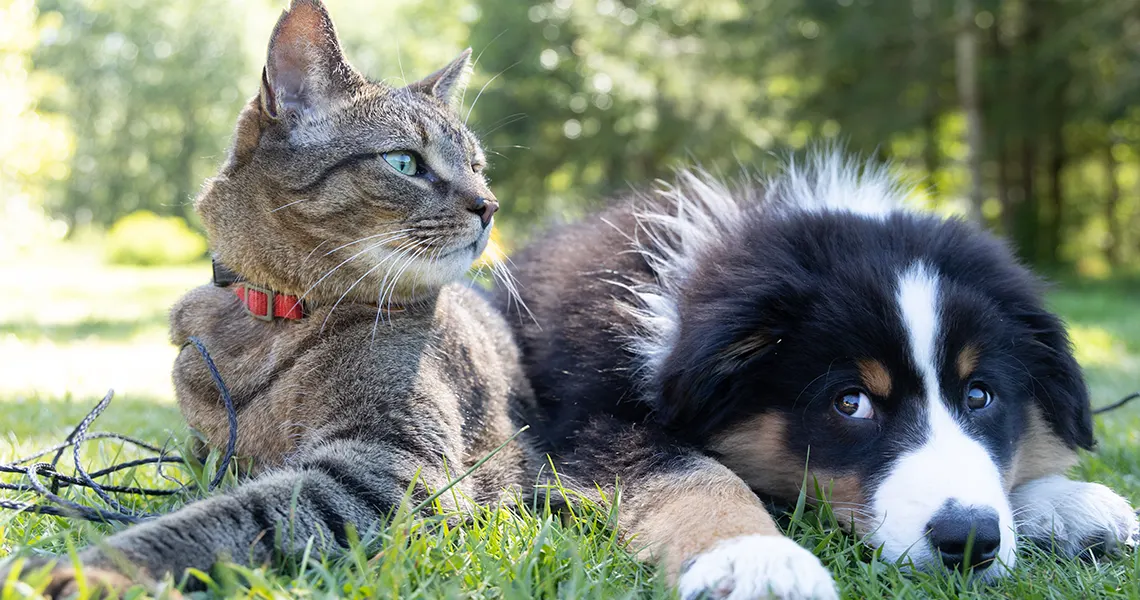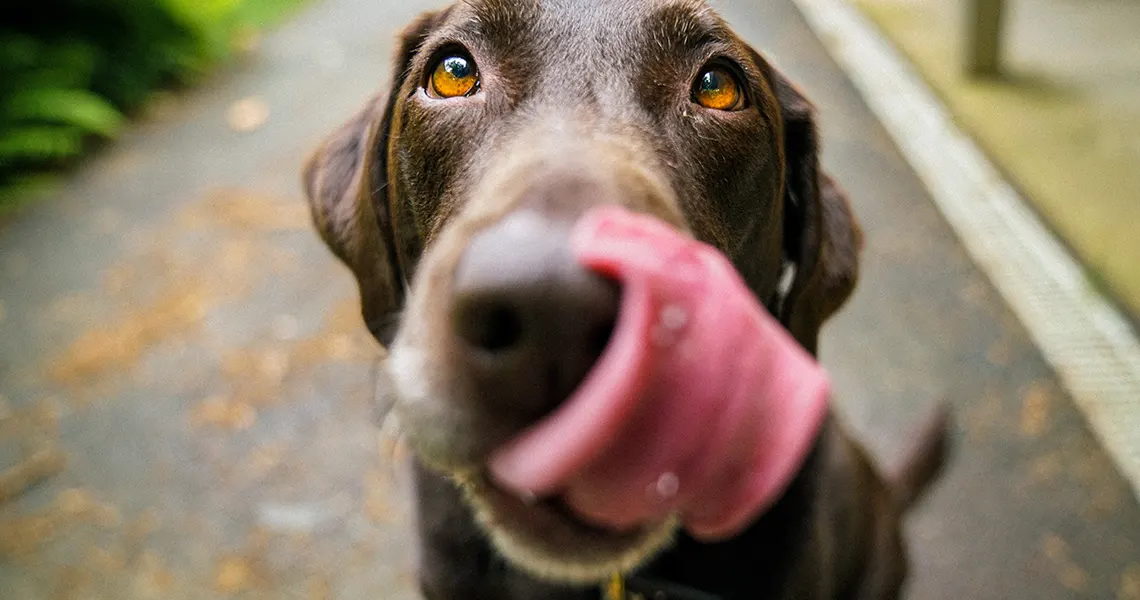
Can your dogs and cats take CBD oil?
As more and more people adopt alternative plant-based treatments, questions start to arise about their safety and efficacy for our pets. Namely, our cats and dogs. The trick is, very few studies have actually investigated the effects of CBD usage in animals.
There’s a fair amount of contradictory information out there, but most research seems to indicate that the CBD treatment is generally safe for cats and dogs.
However, that still leaves a lot of uncertainties. For instance:
- how exactly the treatment delivers its potential medical benefits
- the potential risks and negative side effects
- whether or not THC affects our pets differently than CBD
- the right amount of CBD to give your pets
- the best way to administer the treatment.
It’s safe to say that anyone considering CBD for their pets has a lot of ground to cover. With the mixed state of the research and manufacturers promising the world, it’s hard to know what’s true and what’s just marketing.
That’s why it’s so important to discuss it with a trained veterinarian. You’ll need to rely heavily on their expertise of your pet’s condition to determine if the treatment is appropriate and to navigate the gaps in our scientific knowledge of the substance.
The basics of CBD oil

CBD oil is an alternative treatment with origins in the hemp plant. Hemp produces resins containing various natural compounds such as terpenes, THC and cannabidiol (CBD).
The extract is paired with a carrier oil such as hemp seed or vegetable oil. Other options include cannabidiol edibles, tinctures and topical creams.
CBD and THC form the basis of most CBD treatments. Full-spectrum products contain up to 0.3% THC, while broad-spectrum products contain only trace amounts of the substance. On the other hand, isolate products consist of pure cannabidiol extract and contain no THC.
This distinction is as critical for animals as it is for humans, particularly dogs. Research exists to indicate that the psychoactive compound THC (delta-9-tetrahydrocannabinol) may in fact be toxic for dogs.
Other concerns over THC include:
- general negative side effects such as nausea and diarrhoea
- the potential for the compound to dull the possible benefits of CBD
- its intoxicating effects.
It’s important to note here that cannabidiol may present similar side effects. It is, however, not thought to be toxic for either humans or animals, even at especially high doses.
Discuss THC content with your veterinarian to determine whether or not this portion of the treatment is a safe option for your beloved critters.
How and why does CBD oil work for cats and dogs?

The general belief is that cannabidiol oil works in cats and dogs the same way it does in us. That would be by engaging the endocannabinoid system. This mechanism is responsible for regulating the likes of sleep, digestion, learning and memory, immune response and pain.
However, while we know that cats and dogs have an endocannabinoid system, we don’t know if CBD engages it in the same way.
This makes it extremely difficult to confidently speak about the potential benefits the treatment might provide your pets. There are likely more well-studied treatments available for cats and dogs that your veterinarian would recommend before CBD.
Is CBD oil for pets legal in Australia?

Yes, cannabidiol products are legal for consumption by humans and our pets.
The caveat is that the substance is considered a Schedule 4 drug. That means it’s only available for legal purchase with a medical professional’s prescription. This will change soon enough, as the TGA has downscaled certain low-dose isolates to Schedule 3, enabling over-the-counter sales.
So, if you’re wondering where to buy CBD oil for pets in Australia, the answer is to visit a veterinarian licensed to prescribe cannabidiol.
A few basics to keep in mind here:
- the TGA carefully regulates the cannabidiol industry
- CBD and THC contents are closely monitored
- most of the cannabidiol products found online have evaded this regulation
- these unregulated products pose far greater risks of contamination and toxicity.
Considering that CBD oil for dogs may be harmful if they contain high amounts of THC, you’ll want to ensure you avoid buying unregulated cannabidiol online. There is, unfortunately, absolutely no guarantee that these products contain what they claim to.
How to dose and administer CBD oil for your pets

Administering CBD oils is easy enough. They are generally taken orally, preferably sublingually (under the tongue). That’s because the bottom of the tongue is lined with blood vessels that ensure the compound makes its way to the bloodstream without passing through the digestive system.
Alternatively, the substance could be mixed into your pet’s food. Note that CBD edibles are generally not recommended for pets because they could contain other toxic substances.
How much CBD oil to give your dog or cat is another point to discuss with your vet.
Generally, the answer depends on their:
- age
- weight
- condition
- other medications they may be taking.
Experts recommend beginning with low doses of 5 – 15 mg. You’ll want to carefully gauge your pet’s reaction to the substance, including any negative side effects. Discuss these points with your vet before upping the dosage.
Considering CBD oil for cats and dogs
Overall, cannabidiol oil products are considered safe for consumption by cats and dogs. The catch is that our research is far less clear on the potential therapeutic benefits and negative side effects.
That CBD oil affects us the same way it does our pets is essentially scientific guesswork. There is no comprehensive evidence just yet to suggest that the compound engages the endocannabinoid system of dogs and cats the same way it does ours.
Remember that THC can be toxic to dogs at high doses and that, for safety’s sake, your vet may recommend avoiding full- and broad-spectrum CBD oil.
